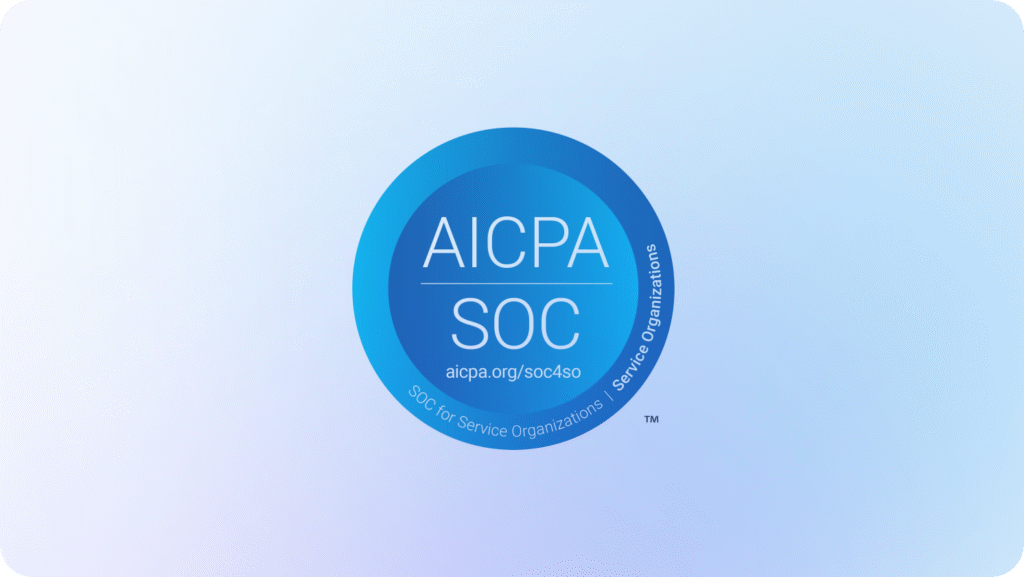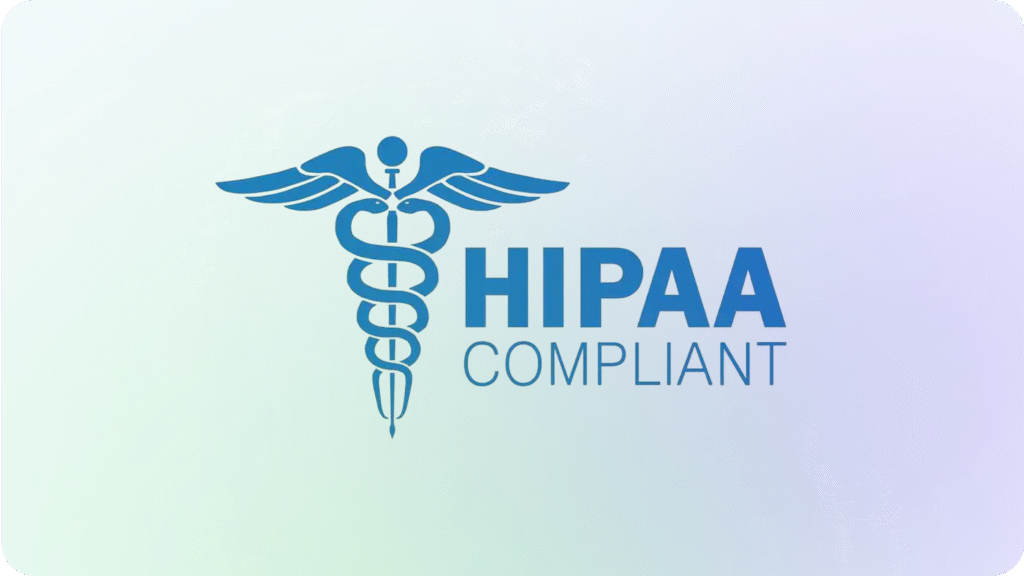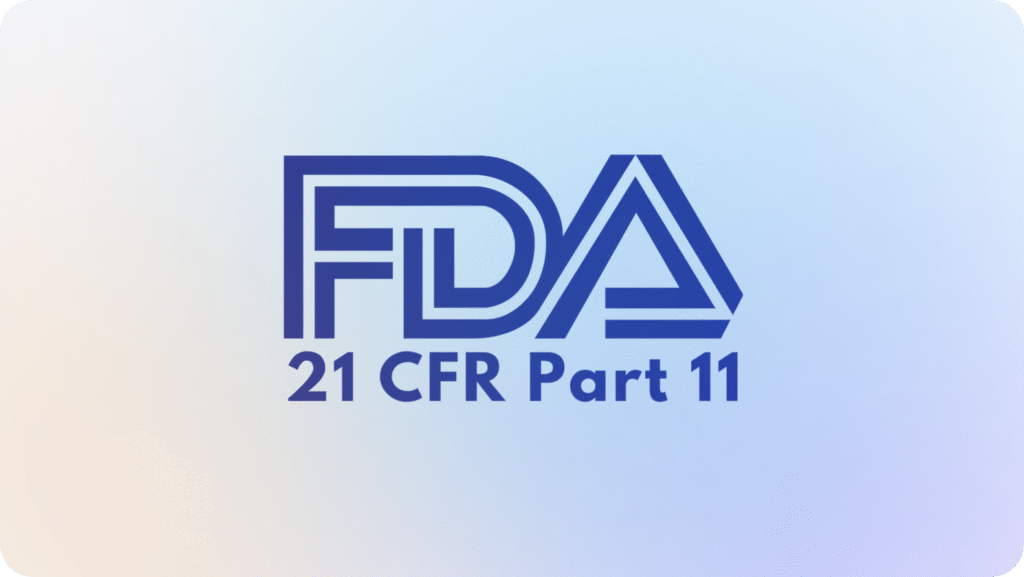Learn how DocuNinja aligns with international regulations and standards such as GDPR, eIDAS (Qualified Electronic Signatures), SOC 2, HIPAA, UETA, and the ESIGN Act to protect your data and digital transactions.
Legal Validity of Electronic Signatures and Records
Both laws establish that electronic signatures and records are equivalent to handwritten signatures and paper records, making them legally enforceable in commerce and legal transactions.
Authentication and Control
Electronic signatures must be created with control under the signer’s sole possession or accessible only to the signer (e.g., via secure methods like passwords or digital certificates), ensuring authenticity and integrity.
Consent and Intent to Use Electronic Signatures
They require that all parties intentionally agree to conduct transactions electronically and demonstrate clear intent to sign electronically, ensuring mutual consent.
Retention and Accessibility of Records
Records and signatures must be retained in a manner that allows them to be accessible and reproducible for later reference, ensuring long-term validity and enforceability.
Signers are authenticated ensuring the validity and trustworthiness of electronic signatures.
The UETA and the ESIGN Act are key U.S. laws that confirm the legal validity of electronic signatures and records. Both laws ensure that digital documents and signatures are just as legally binding as traditional paper-based ones.
Qualified Electronic Signatures (QES) offering the highest standard of trust, legally equivalent to handwritten signatures across the EU.
Only signatures created using certificates issued by certified QTSPs are considered qualified. These providers must meet strict security and operational standards.
eIDAS ensures that electronic IDs and signatures issued in one EU member state are recognized and accepted across all member states, facilitating seamless cross-border digital transactions.

The regulation specifies technical and security standards for signature creation devices and validation processes, ensuring high levels of security, trust, and interoperability.
Signer Intent
A QES is an advanced electronic signature created using a secure signature creation device and based on a qualified certificate issued by a trusted certificate authority. It holds the same legal weight as a handwritten signature throughout the European Union.
It cryptographically links the signature to the signer’s identity and the signed document, offering high assurance that the signature is genuine and has not been altered. This makes it legally binding across all EU member states.
No. Only for a Qualified Electronic Signature (QES). Other types (Simple or Advanced) do not automatically have the same legal standing but can still be valid for certain purposes.
You can verify it through the trust service provider’s validation services, which check the validity of the certificate and the integrity of the signature.
Costs vary depending on the provider and the validity period of the certificate. It typically involves an initial setup fee and annual renewal charges.
Qualified signatures are often required for legally sensitive transactions, such as signing cross-border contracts, official documents, or when high legal assurance is needed.
1. Identify Your Needs:
2. Choose a Qualified Trust Service Provider (QTSP):
3. Prepare Required Documentation:
4. Complete Identity Verification:
5. Obtain and Install Your Certificate:
6. Integrate and Use:
GDPR is a set of European laws designed to protect your personal data and give you more control over how your information is collected and stored online. It ensures that companies like ours handle your data responsibly and securely, and gives you rights such as accessing or deleting your information. Our goal is to protect your privacy and make sure you feel confident using our services.
Data Protection and Privacy
We are committed to protecting your personal data. You have rights including access, correction, deletion (“right to be forgotten”) and data portability.
Lawful Data Processing
We only collect and use your data based on clear legal grounds, such as your consent and contractual necessity ensuring transparency and fairness.
Ensuring Data Security
We implement strong security measures such as encryption, access controls, and regular audits—to keep your data safe.
At DocuNinja, we are committed to upholding international compliance standards to safeguard your data and electronic transactions. Our dedication to meeting SOC 2, HIPAA, and Qualified Electronic Signatures (QES) under the eIDAS regulation demonstrates our unwavering focus on security, privacy, and the legal validity of your digital documents.

Strict security, privacy, and data protection standards set by the SOC 2 audit framework, ensuring your digital signatures are safe, trustworthy, and provider-neutral.

Privacy and security requirements of the Health Insurance Portability and Accountability Act (HIPAA), ensuring protected health information (PHI) is securely handled during digital signing.

Requirement that e-signatures used in FDA-regulated industries meet strict standards for data integrity, security, and auditability equivalence to paper-based documentation.
At DocuNinja, we understand how vital it is to follow international standards and regulations. Our dedication to compliance with GDPR, eIDAS (including Qualified Electronic Signatures), SOC 2, HIPAA, UETA, and the ESIGN Act reflects our commitment to delivering the highest levels of security, privacy, and reliability in all electronic transactions.